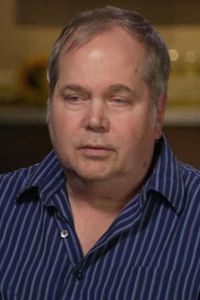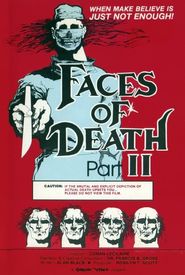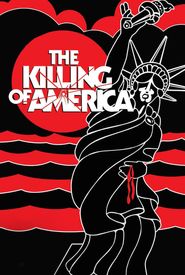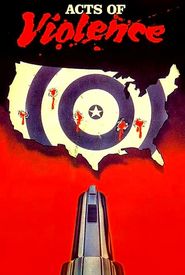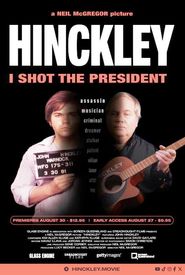John Warnock Hinckley Jr., a native-born American, was born on May 29, 1955, a day that would prove to be a turning point in the trajectory of his life, forever entwining him with a momentous occasion in the annals of American history. This seemingly ordinary individual, with a life unfolding in an unassuming manner, would later embark on a perilous and unprecedented endeavor: the attempted assassination of the 40th President of the United States, Ronald Reagan, a man who had captured the hearts of many Americans and was a symbol of hope and leadership.
As the years went by, Hinckley's fascination with Jodie Foster, an American actress, would take center stage, driving him to commit a series of increasingly erratic and disturbing acts, ultimately culminating in his fateful decision to take aim at the President and his entourage. On March 30, 1981, Hinckley Jr. would put his plan into action, firing multiple shots at President Reagan and his security detail as they exited the Washington Hilton Hotel in Washington, D.C., leaving a trail of destruction and chaos in his wake.
The aftermath of the attempted assassination would be marked by a whirlwind of activity, as authorities scrambled to apprehend Hinckley and unravel the motives behind his heinous actions. In the years that followed, Hinckley would face a lengthy trial, during which his mental health and the extent of his culpability would be hotly debated. Despite his actions, Hinckley would ultimately be found not guilty by reason of insanity, a verdict that would spark widespread outrage and debate about the legal system's handling of such cases.
In the decades that have passed since that fateful day, John Warnock Hinckley Jr. has become a symbol of the darker aspects of American society, a cautionary tale about the devastating consequences of untreated mental illness and the unpredictable nature of human behavior. His actions, though reprehensible, serve as a reminder of the importance of prioritizing the well-being and safety of our leaders and the public at large, as well as the need for continued dialogue and understanding about the complexities of mental health.
On the thirtieth day of March, in the year nineteen hundred and eighty-one, a date destined to be permanently inscribed in the chronicles of American history, two months subsequent to the inaugural ceremony of the fortieth President of the United States, a fateful event was set to unfold that would forever alter the trajectory of John Hinckley Jr.'s existence and the lives of numerous individuals.
The fateful moment when Hinckley's finger wrapped around the trigger, unleashing a chain of events that would forever change the lives of those in his path. As the gun fired, a trio of unsuspecting individuals would fall victim to the assassin's bullet, leaving a trail of devastation in its wake. President Reagan, the Commander-in-Chief, would be struck, his dignity and authority momentarily compromised by the violent act.
Meanwhile, two other brave souls would also feel the full force of Hinckley's actions. Police officer Thomas Delahanty, a guardian of the people, would suffer at the hands of the would-be assassin, his body bearing the scars of the shooting. Secret Service agent Tim McCarthy, a stalwart defender of the President, would also be wounded, his dedication to duty and country momentarily impaired by the violence.
The consequences of Hinckley's actions would be nothing short of catastrophic, with far-reaching effects that would echo throughout the years to come. White House Press Secretary James Brady, a respected and trusted advisor to the President, would be left critically injured, his life forever altered by the shooting. The severity of his wounds would be a grim reminder of the devastating impact of Hinckley's actions, a somber testament to the enduring legacy of that fateful day.
John Brady's catastrophic injuries, a direct result of the heinous attempt on his life, would have a profound and lasting impact on his well-being, ultimately rendering him permanently disabled and forever altering the course of his existence. As the tumultuous aftermath of the event began to unfold, the country was left in a state of collective shock, struggling to come to terms with the harrowing reality of a president who had narrowly escaped the clutches of death, and the far-reaching, devastating consequences that would inevitably follow in its wake.
